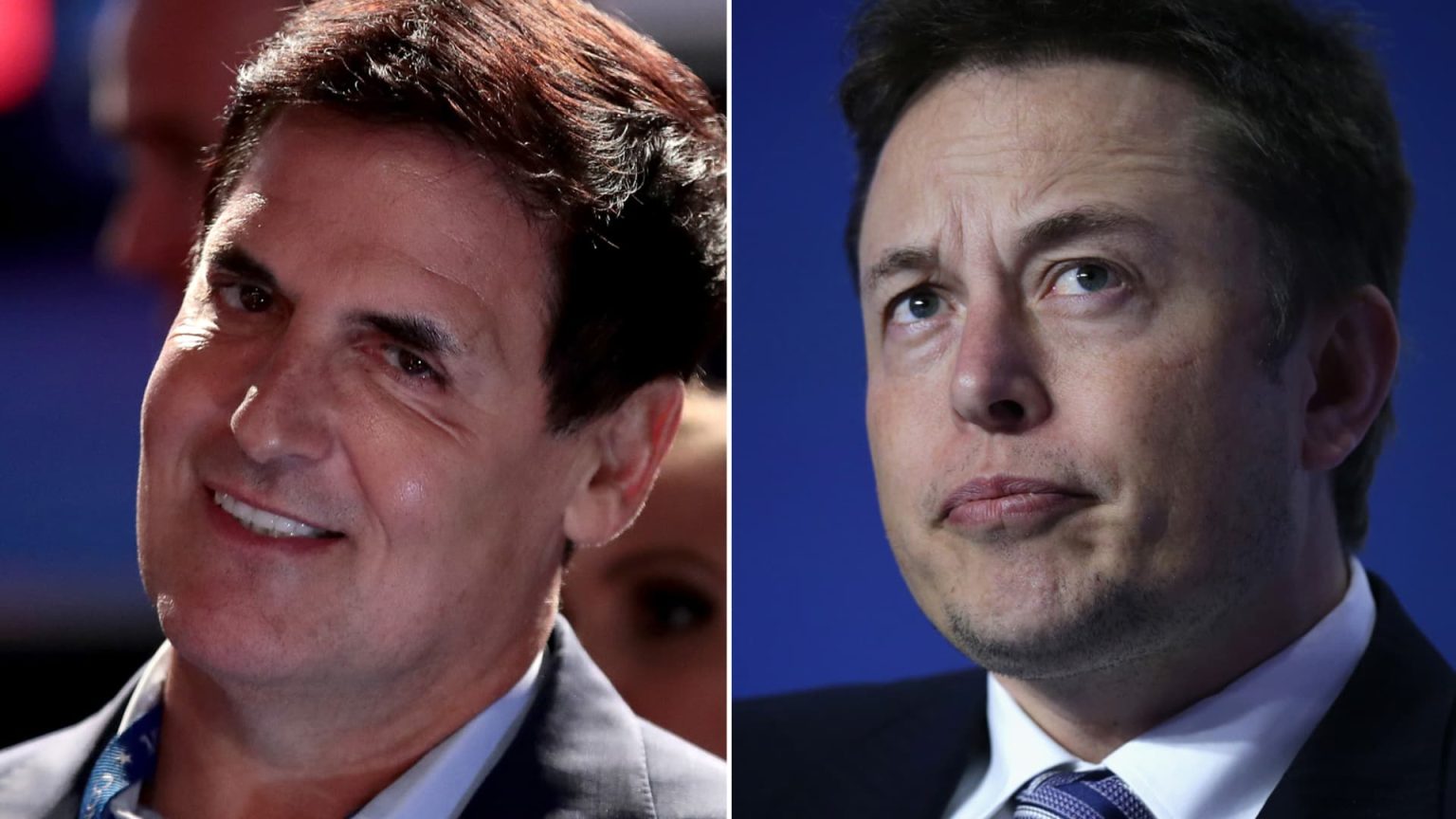Billionaire investor Mark Cuban advised Tesla CEO Elon Musk against forming an alliance with former President Donald Trump, warning that Trump’s loyalty is only to himself and may not repay political debts. Cuban’s message was in response to Musk amplifying conspiracy theories about Democrats encouraging immigration into battleground states to win elections. Despite Musk’s previous insults towards Trump, he has now endorsed him, marking a stark reversal from earlier years. Cuban, who supports Vice President Kamala Harris, believes Trump may not follow through on any exchange of support from Musk.
Both Cuban and Musk are seeking some level of regulatory control, with Musk suggesting the creation of a government efficiency commission to cut federal spending if Trump wins a second term. Trump has endorsed this idea, suggesting Musk would be a good fit to lead such an agency, although he acknowledged Musk’s busy schedule and proposed a consulting role instead. Cuban, on the other hand, has shown interest in being involved in regulatory change, expressing his desire to potentially join the Securities and Exchange Commission to bring about necessary changes.
Cuban’s public support for Harris and her economic agenda has been consistent, with him advocating for her as a better option for businesses despite some skepticism about her plan to raise corporate tax rates. He has been vocal about the need for change at the SEC and has offered his name for consideration for a position within the agency. Musk, on the other hand, has focused on the idea of a government efficiency commission and has indicated his willingness to lead such an agency if Trump is re-elected.
The dynamic between Cuban and Musk reflects the influence of wealthy political supporters in presidential races and the expectations of favors or benefits in return for their support. Cuban’s warning to Musk highlights the potential risks of aligning with a candidate who may not fulfill promises in the future. Both billionaires have different political and regulatory agendas, and their interactions with political figures like Harris and Trump reflect their efforts to influence policy and decision-making at a higher level. Ultimately, their actions and alliances have broader implications for their businesses, industries, and the political landscape as a whole.


